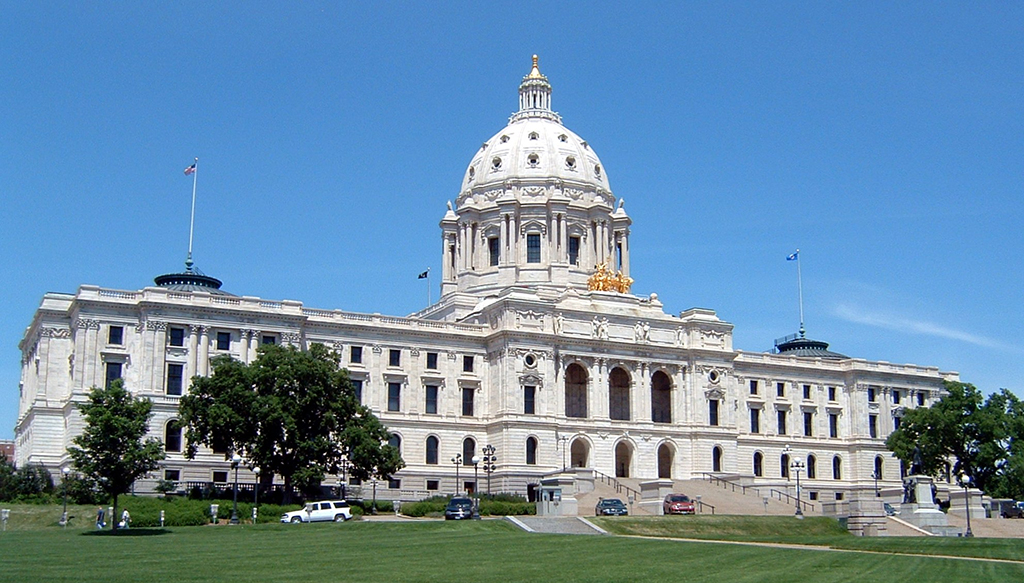Image

Legislative Contact
-
Dan Kitzberger, Legislative Director
Legislative Budget
The 2025 legislative session resulted in a two-year housing bill that appropriated $183.9 million across all of Minnesota Housing's state-appropriated programs and included $50 million in new Housing Infrastructure Bond authority.
The Agency received $18.4 million in increased appropriations to existing programs in the next fiscal year:
- $8.4 million to the Family Homeless Prevention and Assistance Program. The program also received a nearly $1 million increase for FY 2028-29.
- $2 million in one-time appropriations for each of five programs: Economic Development and Housing Challenge, Workforce Homeownership, First-Time Homebuyer Downpayment Assistance, First-Generation Downpayment Assistance (administered through Community Development Financial Institutions) and Greater Minnesota Housing Infrastructure.
Several policy provisions help address that people, program administrators and property owners face throughout Minnesota. Finally, the bill requires reports addressing the sustainability of affordable housing and activities of the state's Olmstead Plan on accessible housing.